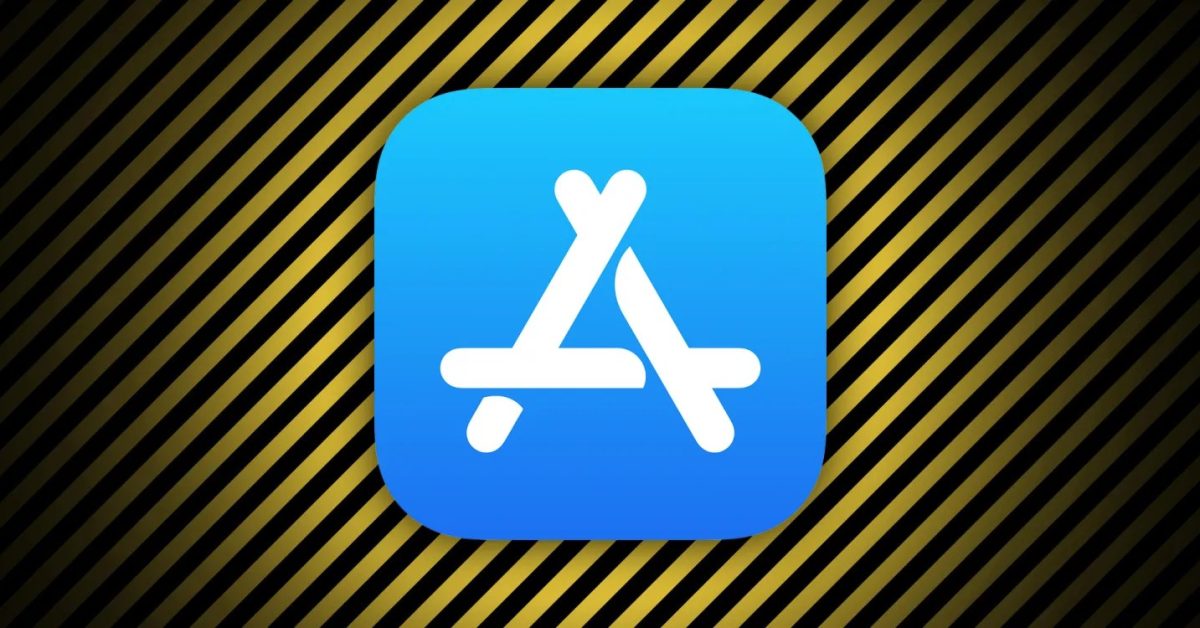App Store Showdown: Florida Legislator Challenges Apple's Walled Garden with EU-Inspired Bill

In a bold move to shake up the tech industry, a Florida congresswoman is taking aim at Apple's ecosystem with groundbreaking legislation designed to promote fair competition and empower consumers. The proposed bill seeks to challenge Apple's tight control over its platform by requiring the tech giant to open its doors to third-party app stores and alternative software distribution methods.
This legislative effort represents a significant push to break down the walls of Apple's carefully curated digital marketplace, potentially giving consumers more freedom and developers more opportunities. By mandating greater accessibility, the bill aims to challenge Apple's long-standing practice of maintaining a closed ecosystem that has both protected and limited user experiences.
The proposed legislation could dramatically transform how mobile apps are discovered, downloaded, and distributed, potentially creating a more competitive landscape that benefits both consumers and app developers. It signals a growing political appetite for tech regulation that prioritizes consumer choice and market competition over corporate control.
As the bill moves forward, it promises to spark intense debate about the balance between platform security and open market principles, with potentially far-reaching implications for the entire mobile technology industry.
